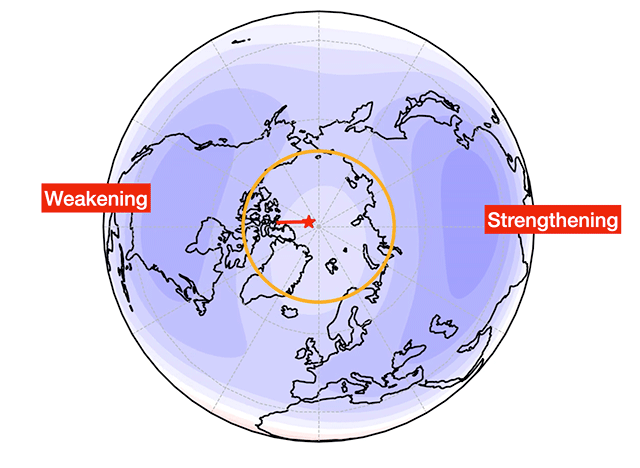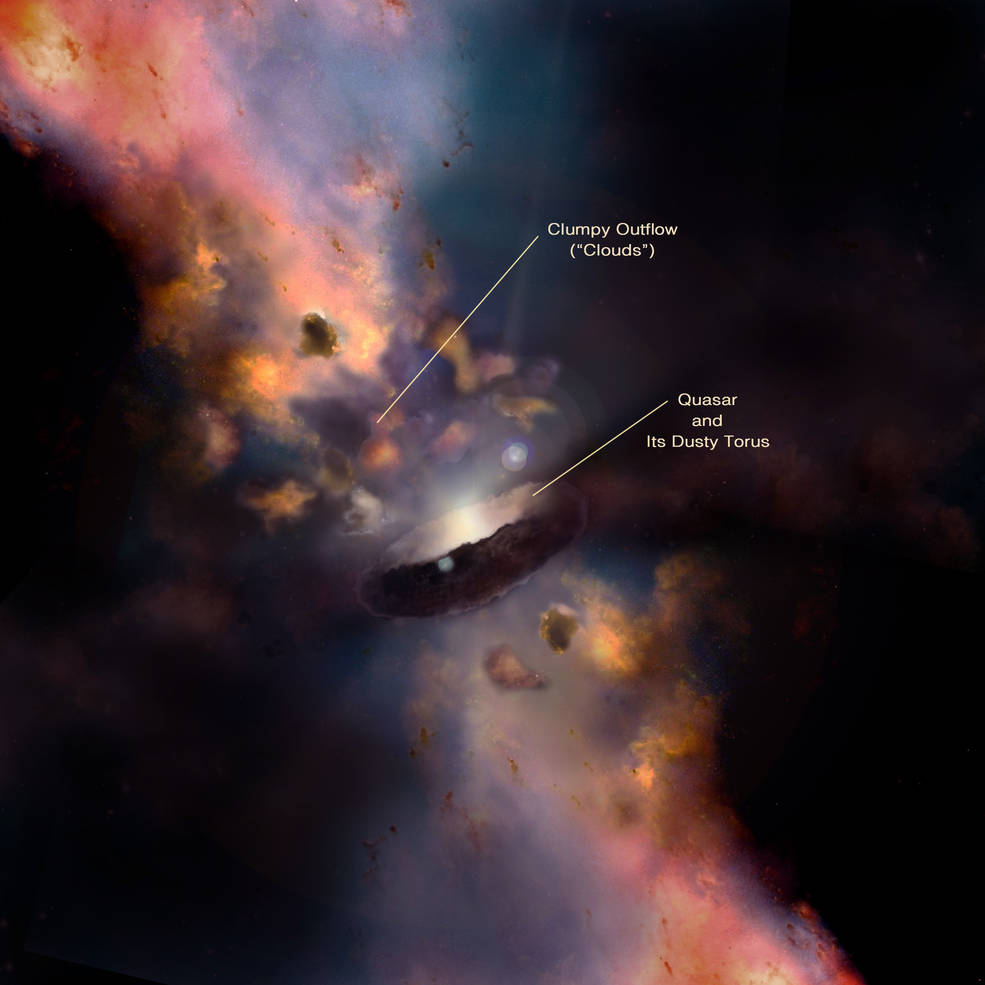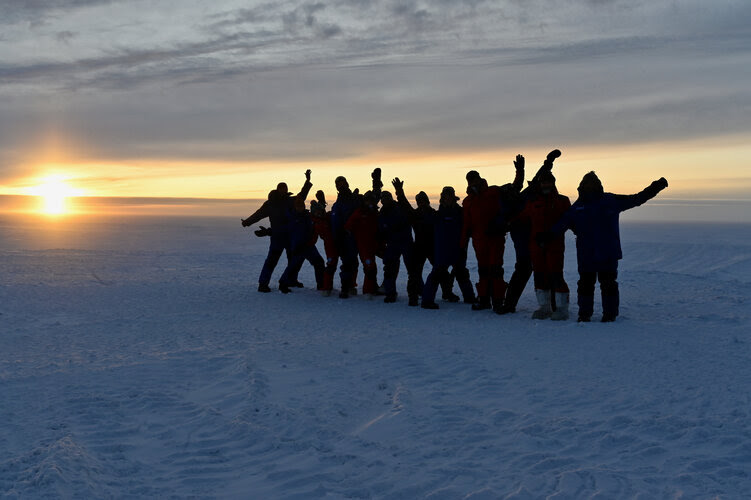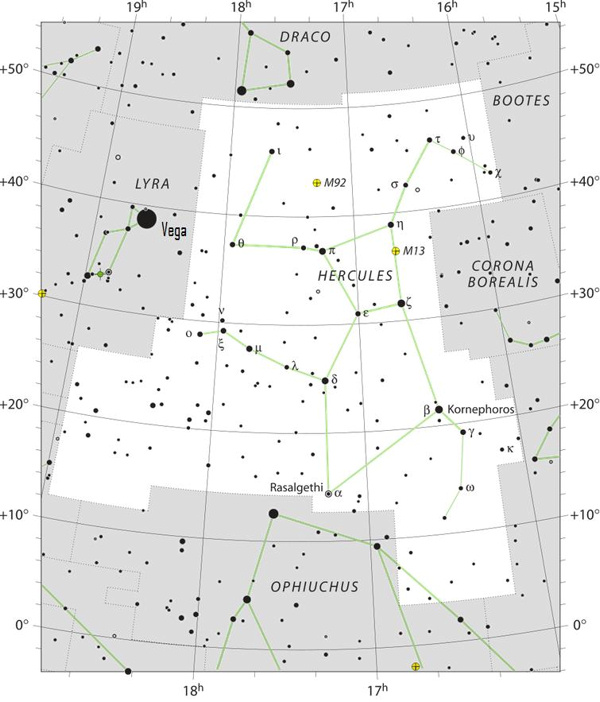We caught up with people living with cancer across the country, to find out how the coronavirus pandemic has been affecting them and their families.
Christine: “I should have known when they came back in PPE”
Christine was diagnosed with ovarian cancer in September 2019. “I had some routine bloods done and I mentioned that I had some niggling pains in my side. Test results showed that something wasn’t right.” She was told by the doctor that the cancer was treatable, but not curable.
Christine had four rounds of chemotherapy before Christmas, followed by surgery in January. “I then had 6 weeks off before two more rounds of chemo.” It was after the second round that Christine started to feel unwell and was taken into hospital for tests.

Christine during treatment.
It was pneumonia, sepsis and COVID-19.
“I should have known as they came in gowned up and in PPE when they came back.” Christine was isolated for 5 days at Salford Royal, and while the staff were amazing, the experience was not.
“I was so out of breath moving around the room. I was uncomfortable and it was not nice being stuck in the room. I couldn’t read or watch anything really, and I didn’t want to see any news.”
Not being able to have family also took its toll. “The doctors came in to tell me that if I needed intensive care, it would be up to the doctors in the unit whether I would be accepted for this. And I was hearing this all on my own – no family there.”
Fortunately, Christine didn’t need intensive care and was able to go home after 5 days. “I’m still not quite right and feel tired, but I am going out to walk the dog. I can’t give into this.”
Christine says that having family nearby has been so important. Her husband and son have been with her at home, while her other son lives nearby. “It’s a small family but so supportive. My husband is looking after me – we have been married 44 years.”
Charly: “COVID-19 has impacted my treatment options but has not stopped it, and for that I am grateful.”
Charly found a lump in her breast in February 2020. “It was the day before my daughter’s birthday, I had a shower and found a bit of a lump.”
She didn’t tell anyone in her family but scheduled an appointment with her GP, who referred her to the breast clinic. When she felt a lump in her armpit, she called to see if they could speed things up. “I was in a state of panic, I

Charly with her family.
was reading about everything.”
Her biopsy was in early March. “COVID-19 wasn’t really a concern at that point,” she says, but things changed rapidly over the next few weeks.
“I went back for the results on the 10th March and it was confirmed as having cancer. They said I would have chemo first, then radiotherapy and surgery.” Charly asked if the treatment plan might be affected by COVID-19, but the doctors didn’t know enough at that point.
But the situation evolved with the outbreak, with Charly’s appointment being followed by a flurry of calls. The doctors told Charly that because of COVID-19, chemo was off the table for now. “They said it was to be surgery first, and it should still be a lumpectomy. But by the time I went to meet the surgeon the week after, this changed to a full mastectomy.”
Charly says she had anticipated that changes may happen, and they quickly became a central part of her cancer experience. Her surgeon changed before the operation, which was particularly hard, especially as she was dealing with the changes by herself on the day.
“I had to go into surgery alone and that was one of the toughest things, but I just had to do it.”
And after 6 weeks recovering from surgery, which Charly describes as “an emotional and frustrating time”, it was time for chemo.
Because of COVID-19, Charly’s doctors changed the chemotherapy drugs to minimise infection risk. She started chemotherapy at the beginning of May, which will last 18 weeks in total. Charly says that being a personal trainer and an active person, the next stage could be the hardest for her. “I have always needed exercise for headspace, it is part of me.” It’s particularly hard not being able to run around with her kids.
The other big challenge for Charly has been the phone calls with her cancer team. “I am often on my own and there is so much information to take in. It’s hard to have a serious talk and build trust on the phone.”
“It’s such an emotionally charged time and it’s draining – COVID-19 has been a huge factor.”
But while her treatment has been complicated and challenging so far, Charly is positive. “I am lucky in many ways, my cancer is treatable and being ex-Army and a personal trainer I am relatively fit and healthy.”
Charly says that while lockdown with two young daughters – aged 4 and 5 – has been a challenge, there were some benefits during recovery. “Because of lockdown there were people around who were keen to help, with provisions or dog walking, so I felt less of a burden.”
Stephen: “Our dream family trip was cancelled due to COVID-19”
Stephen was diagnosed with stage 4 bowel cancer just before Christmas in 2019, after an accident brought him to the hospital.

Stephen with his daughter, Isabelle.
The initial prognosis was that without chemotherapy, Stephen was expected to live for 6 to 9 months, and 12 to 18 months with it. “It’s incredibly daunting to be told those words, especially with a 10-month old baby. We had been looking forward to Isabelle’s first Christmas and then all this began.”
Stephen started a 6 month course of chemotherapy in January, and is responding well to the treatment so far. “If I continue to respond well, they may do a few operations on my liver and then re-assess everything else.”
A big thing that’s kept Stephen going through chemo was a family trip to Florida, which friends raised money for. “We would have liked to wait until Isabelle was older, but we thought we should go now, until that was cancelled due to COVID-19.” On the day the family was due to fly, Stephen was having chemo on his own instead.
Stephen says it’s been tough not being able to see loved ones, but they’ve celebrated Isabelle’s first birthday and his 30th in lockdown. “Having a positive mental attitude is vital, we’ve kept up the spirits.”
Katie
Read more coronavirus reports:
Thanks to Christine, Charly and Stephen for sharing their experiences. If you would like to share your story with us, please visit our website. And you can tell us how COVID-19 is impacting your life with cancer through our survey.
If you have questions about cancer, you can talk to our nurses Monday to Friday, 9-5pm, on freephone 0808 800 4040.

from Cancer Research UK – Science blog https://ift.tt/3fT9ZDo

We caught up with people living with cancer across the country, to find out how the coronavirus pandemic has been affecting them and their families.
Christine: “I should have known when they came back in PPE”
Christine was diagnosed with ovarian cancer in September 2019. “I had some routine bloods done and I mentioned that I had some niggling pains in my side. Test results showed that something wasn’t right.” She was told by the doctor that the cancer was treatable, but not curable.
Christine had four rounds of chemotherapy before Christmas, followed by surgery in January. “I then had 6 weeks off before two more rounds of chemo.” It was after the second round that Christine started to feel unwell and was taken into hospital for tests.

Christine during treatment.
It was pneumonia, sepsis and COVID-19.
“I should have known as they came in gowned up and in PPE when they came back.” Christine was isolated for 5 days at Salford Royal, and while the staff were amazing, the experience was not.
“I was so out of breath moving around the room. I was uncomfortable and it was not nice being stuck in the room. I couldn’t read or watch anything really, and I didn’t want to see any news.”
Not being able to have family also took its toll. “The doctors came in to tell me that if I needed intensive care, it would be up to the doctors in the unit whether I would be accepted for this. And I was hearing this all on my own – no family there.”
Fortunately, Christine didn’t need intensive care and was able to go home after 5 days. “I’m still not quite right and feel tired, but I am going out to walk the dog. I can’t give into this.”
Christine says that having family nearby has been so important. Her husband and son have been with her at home, while her other son lives nearby. “It’s a small family but so supportive. My husband is looking after me – we have been married 44 years.”
Charly: “COVID-19 has impacted my treatment options but has not stopped it, and for that I am grateful.”
Charly found a lump in her breast in February 2020. “It was the day before my daughter’s birthday, I had a shower and found a bit of a lump.”
She didn’t tell anyone in her family but scheduled an appointment with her GP, who referred her to the breast clinic. When she felt a lump in her armpit, she called to see if they could speed things up. “I was in a state of panic, I

Charly with her family.
was reading about everything.”
Her biopsy was in early March. “COVID-19 wasn’t really a concern at that point,” she says, but things changed rapidly over the next few weeks.
“I went back for the results on the 10th March and it was confirmed as having cancer. They said I would have chemo first, then radiotherapy and surgery.” Charly asked if the treatment plan might be affected by COVID-19, but the doctors didn’t know enough at that point.
But the situation evolved with the outbreak, with Charly’s appointment being followed by a flurry of calls. The doctors told Charly that because of COVID-19, chemo was off the table for now. “They said it was to be surgery first, and it should still be a lumpectomy. But by the time I went to meet the surgeon the week after, this changed to a full mastectomy.”
Charly says she had anticipated that changes may happen, and they quickly became a central part of her cancer experience. Her surgeon changed before the operation, which was particularly hard, especially as she was dealing with the changes by herself on the day.
“I had to go into surgery alone and that was one of the toughest things, but I just had to do it.”
And after 6 weeks recovering from surgery, which Charly describes as “an emotional and frustrating time”, it was time for chemo.
Because of COVID-19, Charly’s doctors changed the chemotherapy drugs to minimise infection risk. She started chemotherapy at the beginning of May, which will last 18 weeks in total. Charly says that being a personal trainer and an active person, the next stage could be the hardest for her. “I have always needed exercise for headspace, it is part of me.” It’s particularly hard not being able to run around with her kids.
The other big challenge for Charly has been the phone calls with her cancer team. “I am often on my own and there is so much information to take in. It’s hard to have a serious talk and build trust on the phone.”
“It’s such an emotionally charged time and it’s draining – COVID-19 has been a huge factor.”
But while her treatment has been complicated and challenging so far, Charly is positive. “I am lucky in many ways, my cancer is treatable and being ex-Army and a personal trainer I am relatively fit and healthy.”
Charly says that while lockdown with two young daughters – aged 4 and 5 – has been a challenge, there were some benefits during recovery. “Because of lockdown there were people around who were keen to help, with provisions or dog walking, so I felt less of a burden.”
Stephen: “Our dream family trip was cancelled due to COVID-19”
Stephen was diagnosed with stage 4 bowel cancer just before Christmas in 2019, after an accident brought him to the hospital.

Stephen with his daughter, Isabelle.
The initial prognosis was that without chemotherapy, Stephen was expected to live for 6 to 9 months, and 12 to 18 months with it. “It’s incredibly daunting to be told those words, especially with a 10-month old baby. We had been looking forward to Isabelle’s first Christmas and then all this began.”
Stephen started a 6 month course of chemotherapy in January, and is responding well to the treatment so far. “If I continue to respond well, they may do a few operations on my liver and then re-assess everything else.”
A big thing that’s kept Stephen going through chemo was a family trip to Florida, which friends raised money for. “We would have liked to wait until Isabelle was older, but we thought we should go now, until that was cancelled due to COVID-19.” On the day the family was due to fly, Stephen was having chemo on his own instead.
Stephen says it’s been tough not being able to see loved ones, but they’ve celebrated Isabelle’s first birthday and his 30th in lockdown. “Having a positive mental attitude is vital, we’ve kept up the spirits.”
Katie
Read more coronavirus reports:
Thanks to Christine, Charly and Stephen for sharing their experiences. If you would like to share your story with us, please visit our website. And you can tell us how COVID-19 is impacting your life with cancer through our survey.
If you have questions about cancer, you can talk to our nurses Monday to Friday, 9-5pm, on freephone 0808 800 4040.

from Cancer Research UK – Science blog https://ift.tt/3fT9ZDo




















